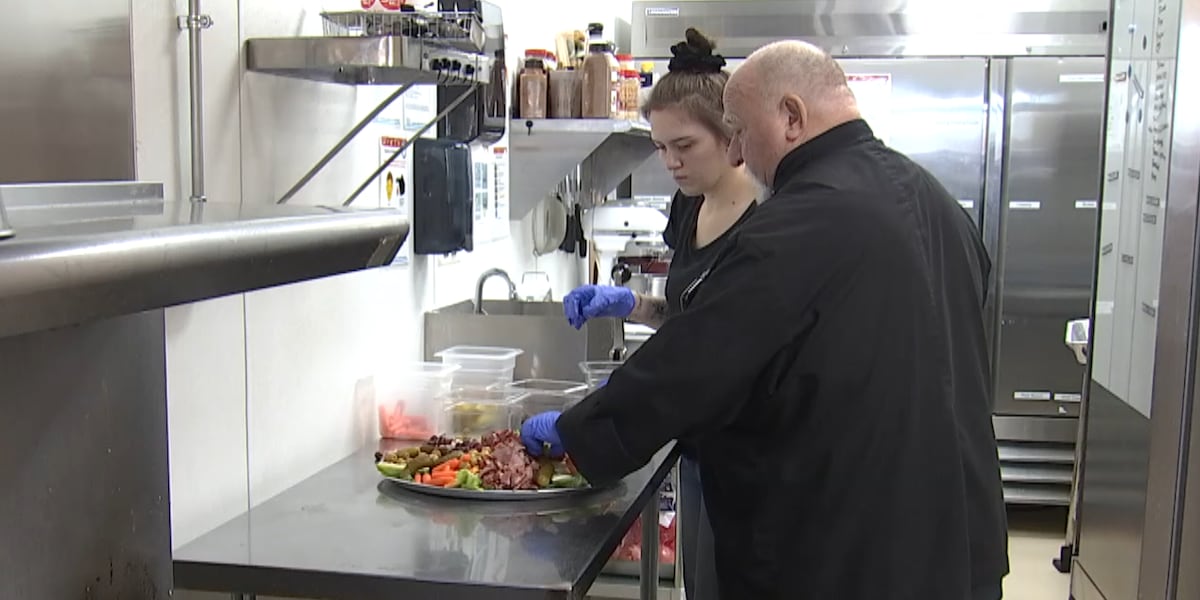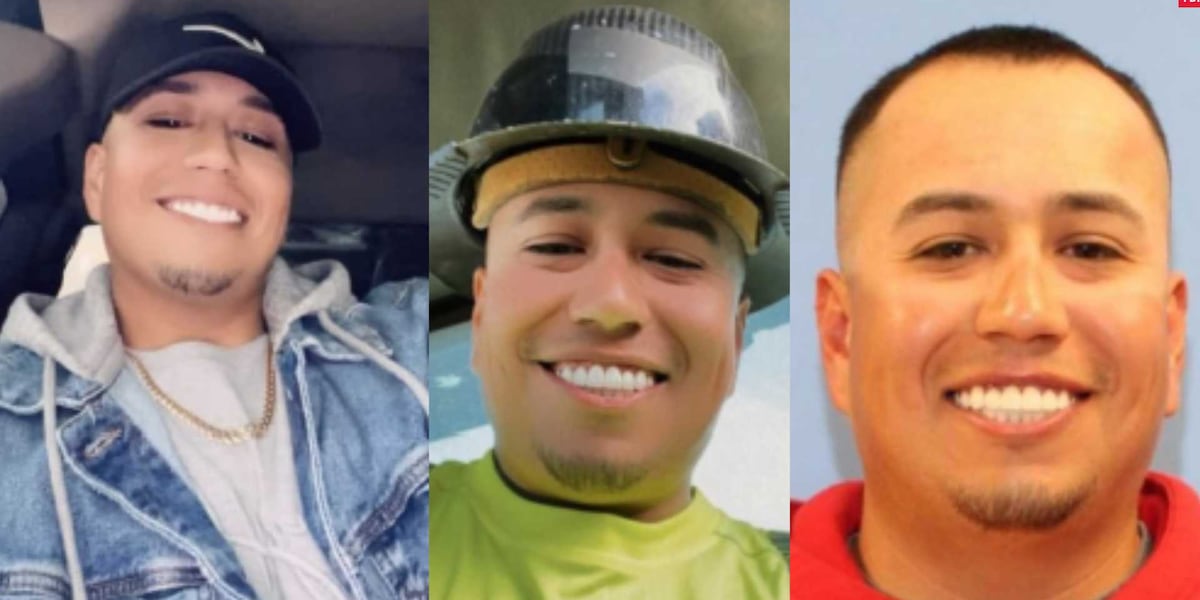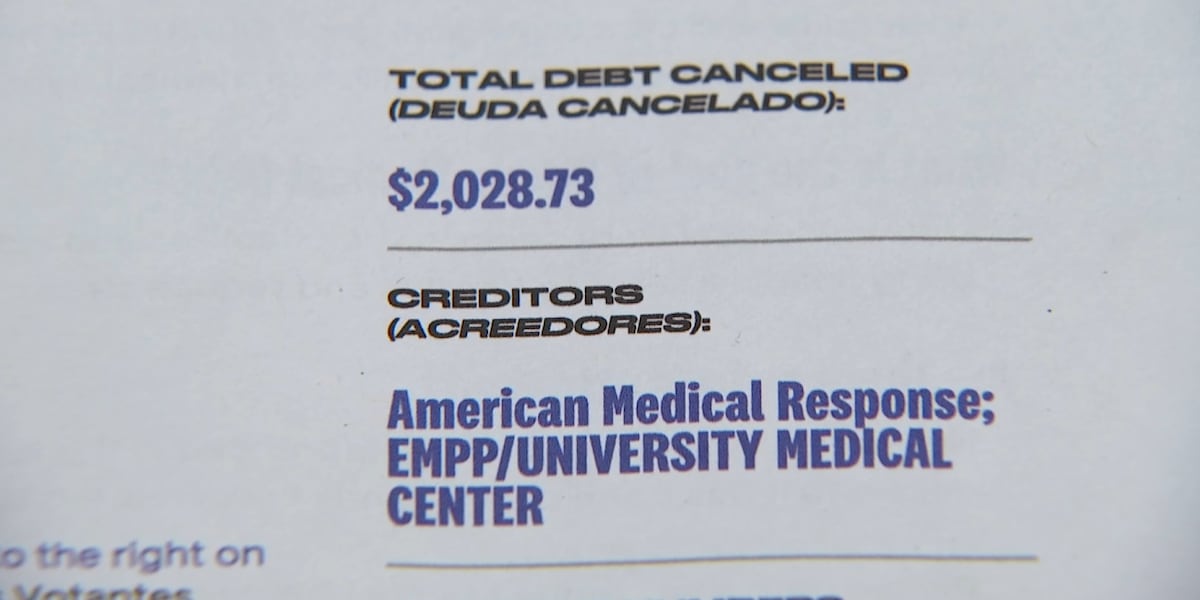
LAS VEGAS, Nev. (FOX5) – The City of Las Vegas took the first step to strengthen its sidewalk sleeping ban, a move praised by some local businesses but criticized and questioned by other homeless advocates.
The city introduced an amendment to its sidewalk sleeping ban during the Wednesday Council meeting, and will be up for review by the Recommending Committee in October, a spokesperson said. The proposed change allows the ordinance to be enforced when there is no bed space — although city officials said the Courtyard typically has room.
Las Vegas Valley cities have been analyzing the impact of the Supreme Court ruling on homeless camps: cities and counties can give a ticket for people camping, regardless whether there is a public shelter or bed available.
In 2020, the city of Las Vegas enacted its original ordinance, prohibiting camping on sidewalks with punishment of a misdemeanor. Tickets can result in a fine up to $1,000. After two citations in a year, a person can face jail time.
The ordinance could not be enforced when local homeless shelters have no space.
“Capacity can be increased. No one is ever turned away from the Courtyard,” a spokesperson said via email to FOX5.
How can an unhoused person afford a ticket?
“Courts have alternative sentencing, work programs etc., but the goal of this is not to write tickets, it is to give unhoused individuals a choice to get assistance,” a spokesperson answered via email.
Mayor Carolyn Goodman and other city officials argue that the ordinance spurs people to get off the streets and seek the city’s services from the Courtyard instead.
The ACLU has criticized the ordinance for years, calling the measure “cruel.”
“They continue to engage in cruel behavior to target our unhoused population,” said Athar Haseebullah of the ACLU of Nevada.
“Instead of investing in shelter space, they’re going to require police to enforce these regressive statutes or ordinances. They’re going to require taxpayers to pay for the cost of incarceration for people who simply have no place to go,” Haseebullah said.
Some advocates for the unhoused express concerns over unintended consequences.
“I think people are going to run and go the other way. What I think is going to happen as an unintended consequence, is people are going to move into [other] areas,” said Merideth Spriggs, founder of Caridad. The organization helps run Hebron, a center for the unhoused to get an apartment and work and transition into independent living.
Spriggs believes that the unhoused need more options, and not everyone will want to get help from places like the Courtyard.
“We need more affordable housing. We need more partners from the private sector to step up and walk with us and help us and maybe sponsor rooms or help sponsor some of these programs,” Spriggs said.
Copyright 2024 KVVU. All rights reserved.




